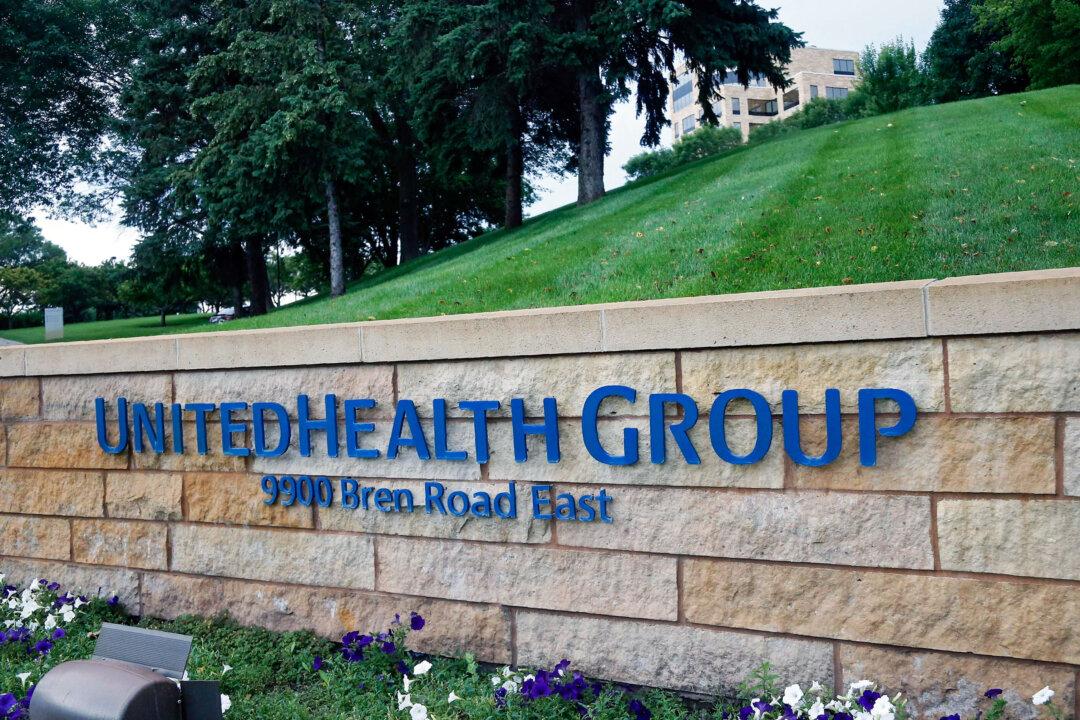Health insurance firm UnitedHealth Group revised up the estimated cost of its February data breach to $2.45 billion for the year while also lowering the company’s earnings estimate for the period.
The cyberattack targeted UnitedHealth’s Change Healthcare unit. The company estimated in April that the attack would cost them $1.35 billion to $1.6 billion by the end of this year. UnitedHealth has now bumped up the estimate to $2.3 billion to $2.45 billion, according to a July 19 press release.





